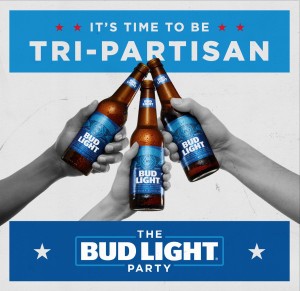Chris Cohen: Now As If A Part

Chris Cohen has written and played on a beautiful new album called As If Apart. An interesting idea, “as if.” A way of saying that separation exists, but not completely, remnants and reverence, what was is but still was; a “member of a memory.” And isn’t that relationships? Isn’t that what connection becomes when that connection is lost, the thing that doesn’t lose complete relevance regardless of physical or relational proximity?
“Separateness and togetherness were things I was thinking about a lot; how they are different aspects of the same thing, or how does a person see themselves in the life of their species or life in general. So those come up in my songs,” notes Cohen via email.
As If Apart is full of songs exploring these ideas without signifying the particular connotation of love or friendship or family-as all could apply. For instance, in the song “Torrey Pine,” there is the line “I don’t believe it without you” with “it” having several possible interpretations. “In A Fable” includes the beautiful prose, “In a fable they say things end up how they’re supposed to be, I’m nodding yes, you know I don’t agree.” The album has a theme of loss, life after loss, and living with or within loss, but still living and survival without are a universal theme.
Cohen released Overgrown Path in 2024 and the two albums share similarities. If songs are like children, children are similar in physical appearance and genealogy and they may share parentage or have similar backgrounds due to rearing, but ultimately each child becomes its own person. The oft quoted phrase “it sounds like” denotes parallels, but at the same time these songs are not Overgrown Path, but they do have their father’s eyes.
“Sure, that’s a nice analogy for songs,” Cohen says. “The different type or personality of these new ones is in the forms and the harmonic movement. Timbre and rhythms are more family traits.”
Cohen also plays the instruments on all of his albums — all of them — which is more than an indulgence and seems a necessity in terms of creation. I mean, Prince did it. In creating that way, I would think that the concept of the “whole” takes precedence, referring to the adage of the cooks and the kitchen, playing just enough, restraint in consideration of a concise whole; I see this song as this and this it becomes.
“Working alone is mostly a practical consideration,” Cohen notes. “It allows me the necessary time to gestate and obsess. Also, I’m not a strongly verbal person so putting ideas into words or explaining to people can really slow me down or change the ideas, and I’m looking for something as direct and irrational as possible. Working alone, my ideas never become verbal until after the record is finished.”
This then transitions into the live experience and the explication to the musicians helping to establish the moment. Are the players allowed free reign over the songs, or is the frame and scope equally as it important?
“It’s a balance, mostly the musicians are playing very specific parts when we play live,” he says. “I’m particular about keyboard chord voicings and the drum rhythms especially, but then my band mates are people whose playing I really enjoy, so there should be space for them to get inside the music. There’s something to be gained with the band obviously, and something to lose, but I love it either way.”
Chris Cohen will play Walter’s on Washington May 25 and while some of you may recognize Cohen from his work as a member of Deerhoof, or his work with Ariel Pink, or his dynamic work with one of favorite bands ever, The Curtains (look them up), this will be and should be accepted as a new — or at least a different — experience. Let’s congregate there, absorb the experience, be mindful of each other’s personal spaces and parking selections and it should be wonderful.













